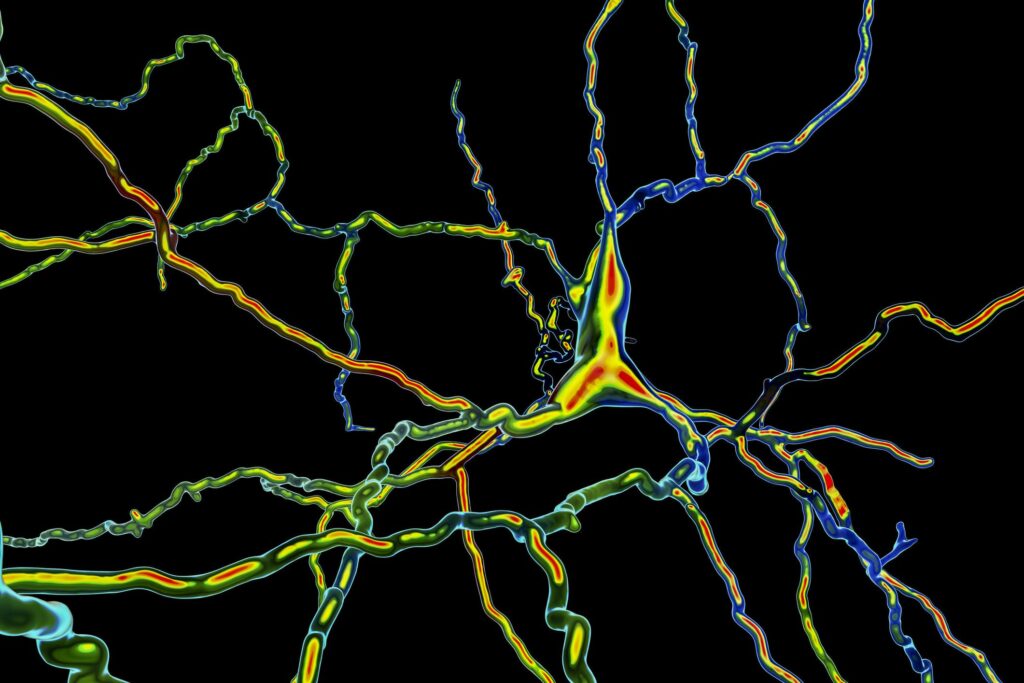In this blog post, we will discuss the symptoms of low dopamine, what causes low dopamine levels, and how to boost them. Moreover, we will also look at brain activity during normal dopamine levels. So, stay tuned!
Contents
Understanding Dopamine
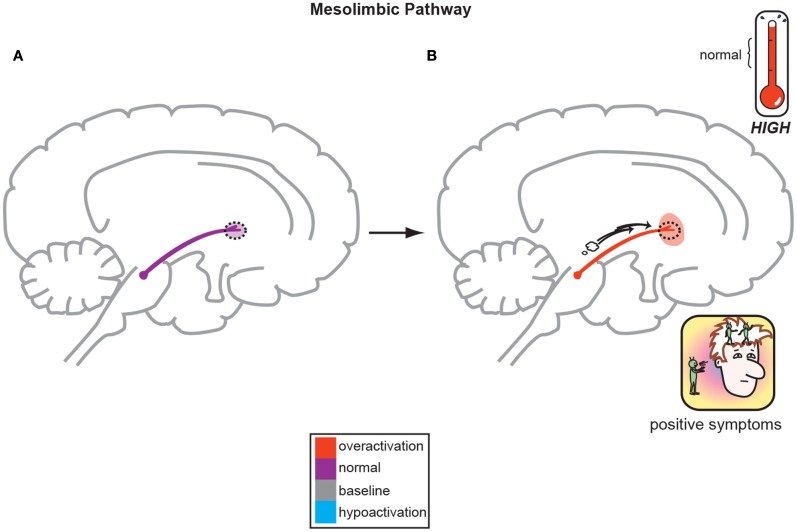
Dopamine is a neurotransmitter that is responsible for many important functions in the body. Such as movement, pleasure, motivation, and cognition. However, its levels can be low for many reasons and can lead to a variety of symptoms.
Moreover, dopamine is also involved in addiction. So, when we experience something pleasurable, dopamine is released and we feel good. Albeit, this can lead to addictive behaviors, such as using drugs or gambling.
Where Is It Produced
Dopamine is produced in the substantia nigra, a small area of the brain that is responsible for movement. In addition, dopamine is also found in other areas of the brain, including the prefrontal cortex and limbic system.
What Is It Responsible For
Dopamine plays a role in many different functions, including:
- Pleasure: When we experience something pleasurable, our brains release dopamine. It can be eating a delicious meal or listening to music. Or when we perform an action that leads to the desired outcome. For instance, getting a promotion at work.
- Movement: Dopamine is necessary for the proper function of the motor system. Since low dopamine levels can lead to Parkinson’s disease, a condition that causes tremors and difficulty with movement.
- Motivation: Dopamine is responsible for the motivation and reward systems in the brain. As low dopamine levels can lead to problems with motivation and concentration.
- Cognition: Dopamine is necessary for proper cognitive function. Incidentally, low dopamine levels have been linked to Alzheimer’s disease, a condition that causes memory loss and cognitive decline.
NOTE: Dopamine has also a role in the regulation of mood and behavior.
Types of Dopamine Pathways
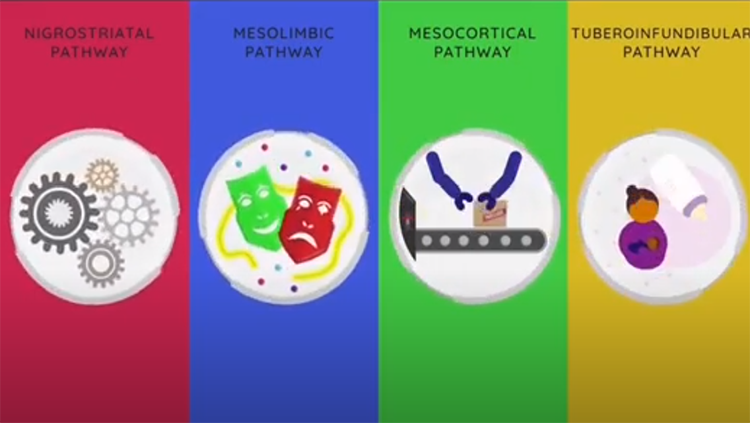
There are three types of dopamine pathways: mesocorticolimbic, nigrostriatal, and tuberoinfundibular.
- The mesocorticolimbic pathway is responsible for the pleasure and reward systems in the brain. Moreover, this pathway is also involved in addiction.
- The nigrostriatal pathway is responsible for movement and coordination. Moreover, this pathway is often affected by Parkinson’s disease.
- The tuberoinfundibular pathway is responsible for the release of dopamine in the pituitary gland. Moreover, this pathway regulates prolactin levels in the body.
NOTE: Mesolimbic and mesocortical pathways together form a mesocorticolimbic pathway.
Spotting Symptoms of Low Dopamine
Many different things can cause dopamine levels to become imbalanced. For instance:
- Aging: Dopamine levels naturally decline with age.
- Stress: Chronic stress can lead to changes in the brain that result in low dopamine levels.
- Diet: A diet high in sugar and processed foods can lead to dopamine imbalance.
- Drug use: Recreational drugs, such as cocaine and methamphetamine, can cause dopamine levels to become imbalanced.
- Brain injuries: A head injury can cause damage to the substantia nigra, resulting in low dopamine levels.
Low Dopamine Symptoms
There are a variety of symptoms that occur as a result of low dopamine levels. So, if you experience any of the following symptoms, it is important to consult with a doctor to determine if your dopamine levels are low:
- Fatigue: Feeling tired or sleepy during the day can be a symptom of low dopamine levels.
- Mood changes: Low dopamine levels can cause changes in mood, such as depression, anxiety, and irritability.
- Loss of motivation: A lack of interest in activities that were once enjoyable can be a symptom of low dopamine levels.
- Sleep problems: Dopamine helps to regulate the sleep-wake cycle. Low dopamine levels can cause insomnia or excessive sleepiness.
- Memory problems: Dopamine plays a role in memory and learning. Thus, low dopamine levels can lead to problems with memory and concentration.
- Changes in appetite: Dopamine regulates appetite. Thus, low dopamine levels can cause changes in appetite, leading to weight gain or weight loss.
- Tremors: Dopamine is necessary for the proper function of the motor system. Therefore, low dopamine levels can cause tremors and difficulty with movement.
- Sexual problems: Dopamine regulates sexual desire and arousal. Consequently, low dopamine levels can cause problems with sexual desire and performance.
NOTE: Furthermore, low dopamine levels bear a link to several mental health disorders. Such as depression, anxiety, and schizophrenia, according to research and studies.
Studying Dopamine Hypothesis
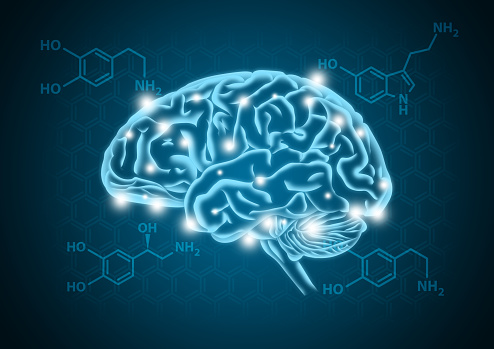
Dopamine And Schizophrenia
The dopamine hypothesis of schizophrenia states that the symptoms of schizophrenia are a result of the overactivity of dopamine in the brain. Precisely, this theory is supported by the fact that drugs that block dopamine receptors can reduce the symptoms of schizophrenia.
Dopamine And Depression
Depression is a complex disorder and there are many theories about what causes it. One theory is that dopamine plays a role in depression. In other words, this theory is supported by the fact that drugs that increase dopamine levels can improve symptoms of depression.
Dopamine And ADHD
ADHD is a disorder that is characterized by problems with focus, hyperactivity, and impulsivity. It is believed that dopamine may play a role in ADHD. In short, this theory is supported by the fact that drugs that increase dopamine levels can improve symptoms of ADHD.
NOTE: Normal dopamine levels vary from person to person. However, a dopamine level that is too low or too high can lead to a variety of symptoms.
Boosting Dopamine Levels
It is possible to boost dopamine levels with lifestyle changes and supplements.
Some lifestyle changes that can help to boost dopamine levels include:
- Exercising: Exercise can help to increase dopamine levels.
- Reducing stress: Stress can lead to low dopamine levels. Reducing stress with relaxation techniques can help to boost dopamine levels.
- Eating a healthy diet: Eating foods that are rich in vitamins and minerals can help to boost dopamine levels.
- Getting enough sleep: Dopamine helps to regulate the sleep-wake cycle. Getting enough sleep can help to improve dopamine levels.
Some supplements that may help increase dopamine levels include:
- Tyrosine: Tyrosine is an amino acid that is necessary for the production of dopamine.
- Folic acid: Folic acid is necessary for the proper function of the dopamine system.
- Vitamin B-complex: Vitamin B-complex vitamins are necessary for the proper function of the dopamine system.
- Ginkgo biloba: Ginkgo biloba is an herb that may increase dopamine levels.
Foods That Boost Dopamine Levels
Several foods can boost dopamine levels. For instance:
- Beans: Beans are a good source of protein and contain high levels of tyrosine, an amino acid that is necessary for dopamine production.
- Nuts: Nuts are a good source of protein and contain high levels of tyrosine.
- Fish: Fish is a good source of protein and omega-three fatty acids. Omega-three fatty acids are necessary for proper dopamine function.
- Whole grains: Whole grains are a good source of complex carbohydrates, which are necessary for proper dopamine function.
- Fruits and vegetables: Fruits and vegetables contain antioxidants that protect dopamine neurons from damage.
Activities That Boost Dopamine Levels
Several activities can boost dopamine levels. For instance:
- Exercise: Exercise increases dopamine levels and helps to protect dopamine neurons from damage.
- Meditation: Meditation increases dopamine levels and helps to improve cognitive function.
- Yoga: Yoga increases dopamine levels and helps to improve mood and reduce stress.
- Music: Listening to music increases dopamine levels and can help to improve mood.
Medications That Boost Dopamine Levels
Several medications can boost dopamine levels. For instance:
- Levodopa: Levodopa is a medication that may help treat Parkinson’s disease. It increases dopamine levels and helps to improve symptoms.
- Dopamine agonists: Dopamine agonists are medications that mimic the effects of dopamine. They can help treat a variety of conditions. Such as Parkinson’s disease and restless legs syndrome.
- Antidepressants: Antidepressants are medications that help treat depression. They can increase dopamine levels and help to improve mood.
Trying Therapy for Normal Dopamine Levels
Sometimes low dopamine can be a result of internal chaos and confusion. Herein the role of therapists is imperative to help you feel sorted. So, if you think you may have low dopamine levels, it is important to speak with a mental health professional/therapist.
How Talk Therapies Can Help
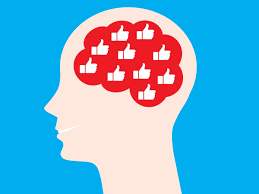
Talk therapies, such as cognitive-behavioral therapy (CBT), can help to boost dopamine levels by merely doing the right talking.
- Cognitive-behavioral therapy: Cognitive behavioral therapy is a type of talk therapy that can help to change negative thinking patterns. CBT can help to improve mood and reduce stress.
- Interpersonal psychotherapy: Interpersonal psychotherapy is a type of talk therapy that focuses on relationships. It can help to boost dopamine levels and improve social functioning.
- Support groups: Support groups provide a space for people to share their experiences and connect with others. This can help to boost dopamine levels and improve social functioning.
How Somatic Therapies Can Help
Somatic therapies are a type of therapy that focuses on the body. They can help to boost dopamine levels and improve symptoms.
- Massage: Massage is a type of somatic therapy that can help to relax the body and mind. It can also help to increase dopamine levels.
- Acupuncture: Acupuncture is a type of somatic therapy that involves the placement of needles in the body. It can help to boost dopamine levels and improve symptoms.
- Biofeedback: Biofeedback is a type of somatic therapy that uses sensors to monitor the body. It can help to increase dopamine levels and improve symptoms.
Conclusion
Dopamine is a vital neurotransmitter that plays a role in a variety of important functions. Expectedly, low dopamine levels can lead to several problems. Such as fatigue, changes in mood, and memory problems. Fortunately, several foods and activities can boost dopamine levels. So, if you think you may have low dopamine levels, it is important to consult with a doctor.
A Word From Therapy Mantra
Your mental health — Your psychological, emotional, and social well-being — has an impact on every aspect of your life. Positive mental health essentially allows you to effectively deal with life’s everyday challenges.
At TherapyMantra, we have a team of therapists who provide affordable online therapy to assist you with issues such as depression, anxiety, stress, workplace Issues, addiction, relationship, OCD, LGBTQ, and PTSD. You can book a free therapy or download our free Android or iOS app.
